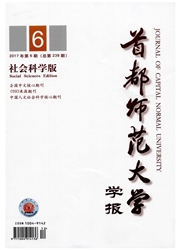

 中文摘要:
中文摘要:
近年来,课程改革研究者提倡在学校文化中加强赋权、信任等因素。本研究以新课程改革为背景,使用结构方程模型分析了信任与赋权文化、教师效能感与教师感受到的改革成效之间的关系。结果表明,信任与赋权文化总体上是增强教师效能感,进而改善改革成效的有效途径。然而,在发展信任与赋权的学校文化时,我们应注意赋权理念的文化适切性,鼓励教师参与那些和教学实践有关的项目的决策,而不是将所有学校事务都交由教师决定。
 英文摘要:
英文摘要:
Recently, curriculum reform researchers advocate enhancing the elements of empowerment and trust in school culture. Under the context of the contemporary new curriculum reform, this study employs the method of structural equation modeling to analyze the relations among trust and empowerment culture, teacher efficacy and teachers' perceived effects of curriculum reform. The results indicates that in general, developing trust and empowerment culture is an effective approach to reinforce teachers' efficacy and improve the perceived reform effects. However, when we build the trust and empowerment culture in schools, we should beware of the cultural relevance of empowerment concept, and encourage teachers to participate in the decision-making procedures concerning their teaching practices rather than leave all the school affairs to them.
 同期刊论文项目
同期刊论文项目
 同项目期刊论文
同项目期刊论文
 期刊信息
期刊信息
